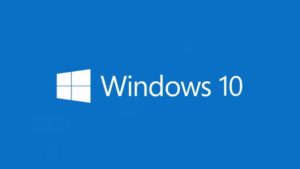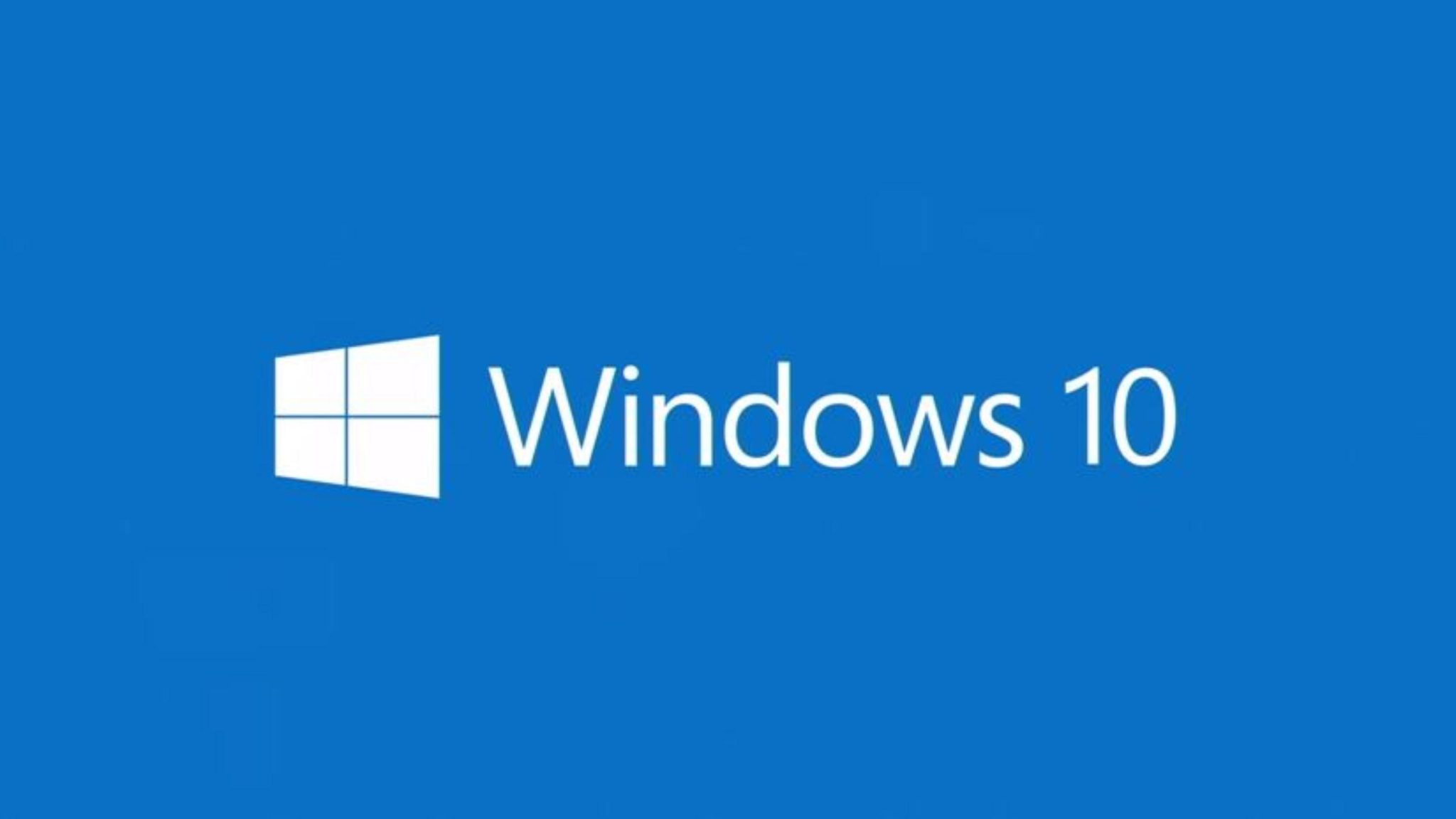 ** UPDATE ** November, 2016 – Diligex now fully endorses Windows 10 as a new purchase and upgrade OS.
** UPDATE ** November, 2016 – Diligex now fully endorses Windows 10 as a new purchase and upgrade OS.
—————–
By now most will have heard about Microsoft’s new operating system release Windows 10. Over the next few weeks Microsoft will be pushing a “free” upgrade offers to many customers (specifically those not using a “domain” environment). We recommend holding off on Windows 10, at least for a little while. Wait and see how stable Windows 10 is on other people’s PCs before you make the leap. When you do decide to make the leap, ensure that you involve your IT staff so they can test your important programs and make sure the transition goes as smoothly as possible.
Primary Concerns for Brand New Operating Systems
1. It’s simply new: Using a new operating system is both a blessing and a curse. The upside is that you get to experience and take advantage of all of the new features that Microsoft has released. The downside is that, just like you, everybody else is using the features for the first time. If you get stuck, it might difficult to find somebody knowledgeable enough to help you out. If you’re testing things out for fun, that’s no big deal; if you’re trying to get important work done, you might regret your decision.
2. Security: New operating systems are bound to have undiscovered security vulnerabilities that will only be revealed over the course of several months. It’s possible these could be significant, so it’s best to wait a few months for the big problems to be discovered and avoid their negative impacts.
3. Compatibility: Microsoft operating systems have historically been very poorly supported by software and peripheral vendors shortly after their release. There is a good chance that the software that runs your printer, scanner, copier, or your other critical business applications will simply not work. Vendors will require several months to get their products working on the new system (if they even bother updating them at all) and then your IT staff will need to test your critical applications to verify they still work without issues.
4. Stability: A consequence of both potential compatibility and security issues is that your new operating system may run poorly or crash frequently. If you upgrade too quickly, you won’t have the lessons of others to draw on if things go wrong.
No need to rush. If you’re excited about trying out the new features Microsoft has to offer, we encourage you to give it a try on a secondary personal, non-business machine. This gives the developers time to work out the bugs, and your IT staff time to test it with your critical business applications and hardware. Remember, if you qualify for a free upgrade from Microsoft, you have a whole year to redeem it.

